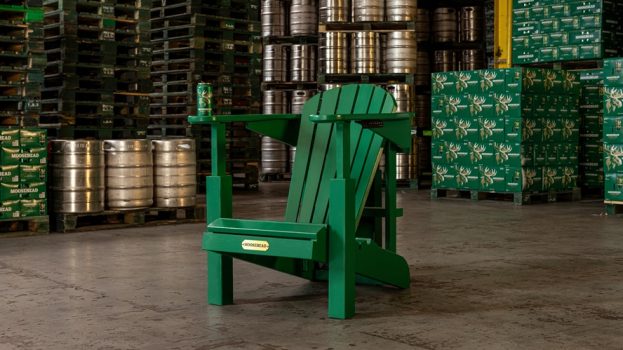When it comes to food trends, marrying ethical concerns with convenience seems to be top of mind.
That’s according to a new report from Nourish Food Marketing, which highlights how trends are evolving from mindful, health-conscious consumption to ethical eating.
Consumers are no longer just interested in a food’s contents, they’re also interested in how it’s being packaged and the potential for it to be wasted. This reflects the heightened importance of climate change to consumers, and small incremental improvements perceived to combat it, such as McDonald’s efforts to create recyclable coffee cups.
Things like single-use cups and plastics are the most visible form of waste, but now food waste is also part of the public consciousness. According to Value Chain International, Canadians are prolific wasters of food (400 kilograms per person – more than half of food produced in Canada) and Nourish’s report highlights the need for producers to see surplus food as an asset, not a liability. For example, Innovative Coffee Flour takes the surrounding fruit of the coffee bean that
has traditionally been discarded and turns it into a high fibre flour.
According to Public Trust Research data, 58% of respondents feel that manufacturers and processors need to shoulder responsibility for “reducing food loss and waste in Canada.” Approximately 65% feel similarly about restaurants and grocery stores. The food sector has to ask itself if it can compost, donate leftover food, or reduce its packaging if it wants to put consumers’ minds at ease.
For CPG companies, it’s the size that counts, with the study advocating that packaging be “rethought in its most minimalist job of providing a protective layer between you and your food.” But this might not be as straightforward as it sounds. According to the study, “supersize” is back, as Gen Zers’ love “their meal leftovers again, bringing them to work or school, rather than throwing them away. “
Preferring to eat ethically is negatively correlated with age: those under 35 years’ old are three times more likely to consider themselves vegetarians or vegans than those 49 or older. And this ethical approach broadly includes meat eaters, who are cutting back on their carnivorousness in favor of blended meals, and adjusting to slightly different health concerns from those past.
More than four in ten consumers (44%) have experimented with some type of diet or eating approach in the past year, the top three of which are: “low-carb,” “gluten-free” and “dairy-free.” And gut health has now eclipsed heart health as a primary concern. And “gut-friendly” reflects a feel-good appeal above and beyond mere nutrition. Sales of digestive food products “are predicted to have double-digit growth again in 2018.”
But at the end of the day, convenience is still driving food purchase decisions. According to the report, “nearly half of consumers report shopping is a chore with shopping trips shifting from stock-up trips to smaller, more frequent needs-based trips.” And “10% of shoppers are buying solely for the meal they plan to consume that same day.” Also, retailers and manufacturers will need to adjust to the fact that 39% of Canadian shoppers would like to see supermarkets organized by meal occasion.
























